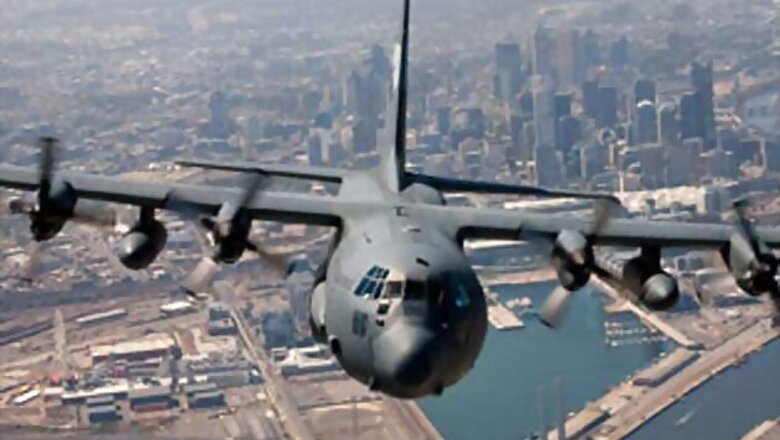
views
"India deserves the best of military equipment and the US wants to be a quality supplier of equipment and technology to India," said Dr Ashton Carter, the visiting US deputy defense secretary, after consultations with National Security Adviser SS Menon and foreign secretary Ranjan Mathai.
The US Defense Department, he said, had stopped using the term "defence trade" when dealing with India, replacing it with "defence cooperation", meaning they were open to joint ventures, collaborations and investment.
"But India needs to define where it wants to go," he said. "There is a need for a joint vision (to take the military relationship forward), there are new opportunities but we need to innovate. The only limit is our independent strategic vision."
Carter, on a three-day visit to India, ticked off a number of points reflecting Washington's priorities.
They are listed here:
Equipment procurement must not be subject to bureaucratic and administrative hurdles.
The government must look at raising the current FDI cap in defence.
Offsets must be governed by the capacity of local industry to absorb technologies.
On its part, Washington will send a team of experts to Delhi in the course of the next few months to get a better picture of what India's military requirements are. The idea is that Washington should be able to anticipate to some extent India's future requirements and prepare accordingly. The US, he said, was satisfied with India's export controls and had no concerns about sensitive US technologies leaking.
With the Pentagon now "rebalancing" towards the Asia Pacific, he said a whole new generation of technologies would equip a leaner, more agile, technologically advanced US military that will enable it to operate across the full spectrum of conflict. Carter hinted that India could benefit from these technologies.
He made no mention of India refusing to sign three foundational agreements required by US law that governed the export of sensitive technologies. It's not clear if the urgency to break into the Indian market (valued at around $80 billion over the next few years) is pushing the US to overlook legal and constitutional requirements. With a little over $8 billion dollars in military sales to India so far (and the loss of the key MMRCA contract), Washington's appetite is barely whetted.
While there's little doubt that India will buy or co-produce more US equipment in the long run, the pundits say the process of buying or co-producing from diverse sources will continue to ensure neither Washington (or any other country for that matter) is able to unduly influence or blackmail South Block.

















Comments
0 comment